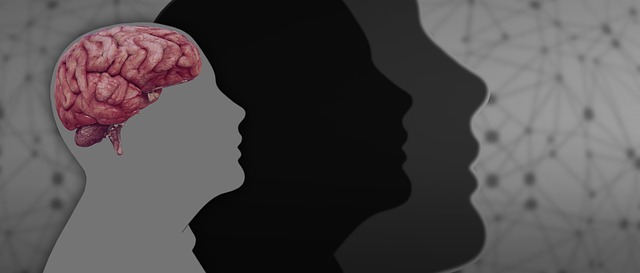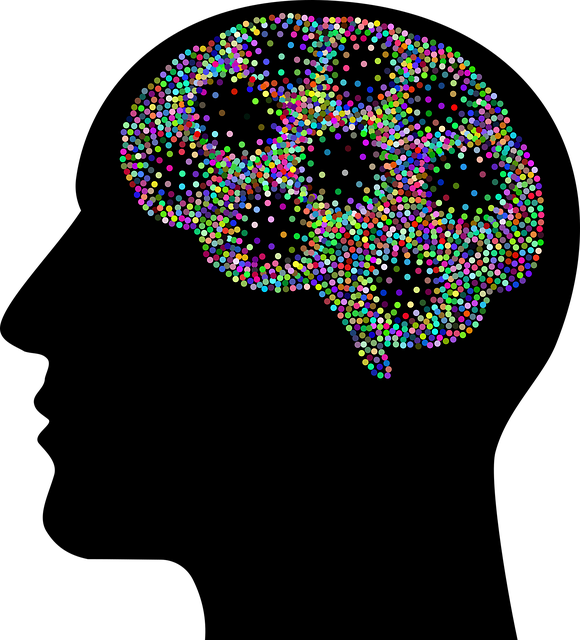Castle Rock Gender Identity Therapy (CRGIT) prioritizes accurate mental health data collection through structured assessments and self-awareness exercises, ensuring client engagement and precise self-reporting. Their meticulous data cleaning process prepares the dataset for advanced analysis, revealing effective communication strategies and treatment patterns. CRGIT's data offers valuable insights to mental health professionals and researchers, guiding tailored interventions, refining clinical practices, and supporting marginalized communities with specific mental health needs.
Mental health data analysis is a powerful tool for understanding complex psychological phenomena, especially within specific populations. This article explores the process of analyzing and interpreting mental health data using the Castle Rock Gender Identity Therapy (CRGIT) dataset. By delving into CRGIT, we gain insights into gender identity issues and their treatment outcomes. Through rigorous data preparation and analysis techniques, healthcare professionals can identify trends, personalize treatments, and ultimately improve patient care in gender identity therapy.
- Understanding Mental Health Data: Collection and Preparation
- Analyzing the Castle Rock Gender Identity Therapy Dataset
- Interpreting Results and Informing Clinical Practice
Understanding Mental Health Data: Collection and Preparation

Understanding Mental Health Data is a foundational step in any analysis, especially when delving into sensitive areas like gender identity and its associated mental health concerns. Collection begins with structured assessments and self-awareness exercises tailored to individual needs, ensuring data accuracy and relevance. These tools help capture nuanced information about one’s experiences, feelings, and behaviors, which are crucial for identifying patterns and trends.
Preparation involves meticulous cleaning and organization of the collected data. This process includes handling missing values, validating formats, and categorizing responses. For instance, at Castle Rock Gender Identity Therapy, therapists might use public awareness campaigns development as a tool to encourage participation while ensuring data privacy. Mindfulness meditation techniques can also aid clients in self-reporting, promoting reflection and accurate input. Proper preparation ensures that the data is reliable and ready for advanced analysis, enabling professionals to make informed decisions and create targeted interventions.
Analyzing the Castle Rock Gender Identity Therapy Dataset

The Castle Rock Gender Identity Therapy (CRGIT) dataset offers a unique and valuable resource for mental health professionals and researchers. Analyzing this dataset provides an in-depth look at the therapeutic journey of individuals undergoing gender identity therapy, shedding light on various factors contributing to their mental well-being. By employing advanced statistical methods, practitioners can gain insights into specific communication strategies that foster positive outcomes, such as enhanced self-esteem improvement and effective mood management.
CRGIT data enables a comprehensive examination of treatment effectiveness, identifying patterns and trends within the therapeutic process. This analysis can inform clinical practice by highlighting the importance of tailored interventions, emphasizing the role of supportive communication in fostering significant changes in self-perception and emotional regulation. Through rigorous interpretation, mental health experts can refine their approaches, ensuring more personalized and successful therapy for individuals navigating gender identity issues.
Interpreting Results and Informing Clinical Practice

Interpreting data from mental health studies offers valuable insights that can significantly inform clinical practice. By analyzing trends and patterns within the population, mental health professionals can adapt their approaches to better serve individuals struggling with various conditions. For instance, research focusing on gender identity issues, such as those conducted at Castle Rock Gender Identity Therapy, reveals unique challenges faced by this community, prompting more inclusive treatment modalities.
Understanding these findings can drive the development of targeted interventions and Burnout Prevention Strategies for Healthcare Providers. Mental Health Education Programs Design can incorporate these insights to equip professionals with the necessary skills to address complex cases effectively. Moreover, crisis intervention guidance can be tailored to better support individuals who identify as part of marginalized communities, ensuring that care remains accessible and responsive to their specific needs.
Mental health data analysis, as demonstrated through the lens of the Castle Rock Gender Identity Therapy dataset, offers invaluable insights for clinical practice. By meticulously understanding and interpreting these data, healthcare professionals can tailor interventions to better support diverse populations. This evidence-based approach ensures that treatments are not only effective but also sensitive to individual experiences, ultimately fostering more inclusive and successful therapeutic outcomes in gender identity therapy and beyond.














